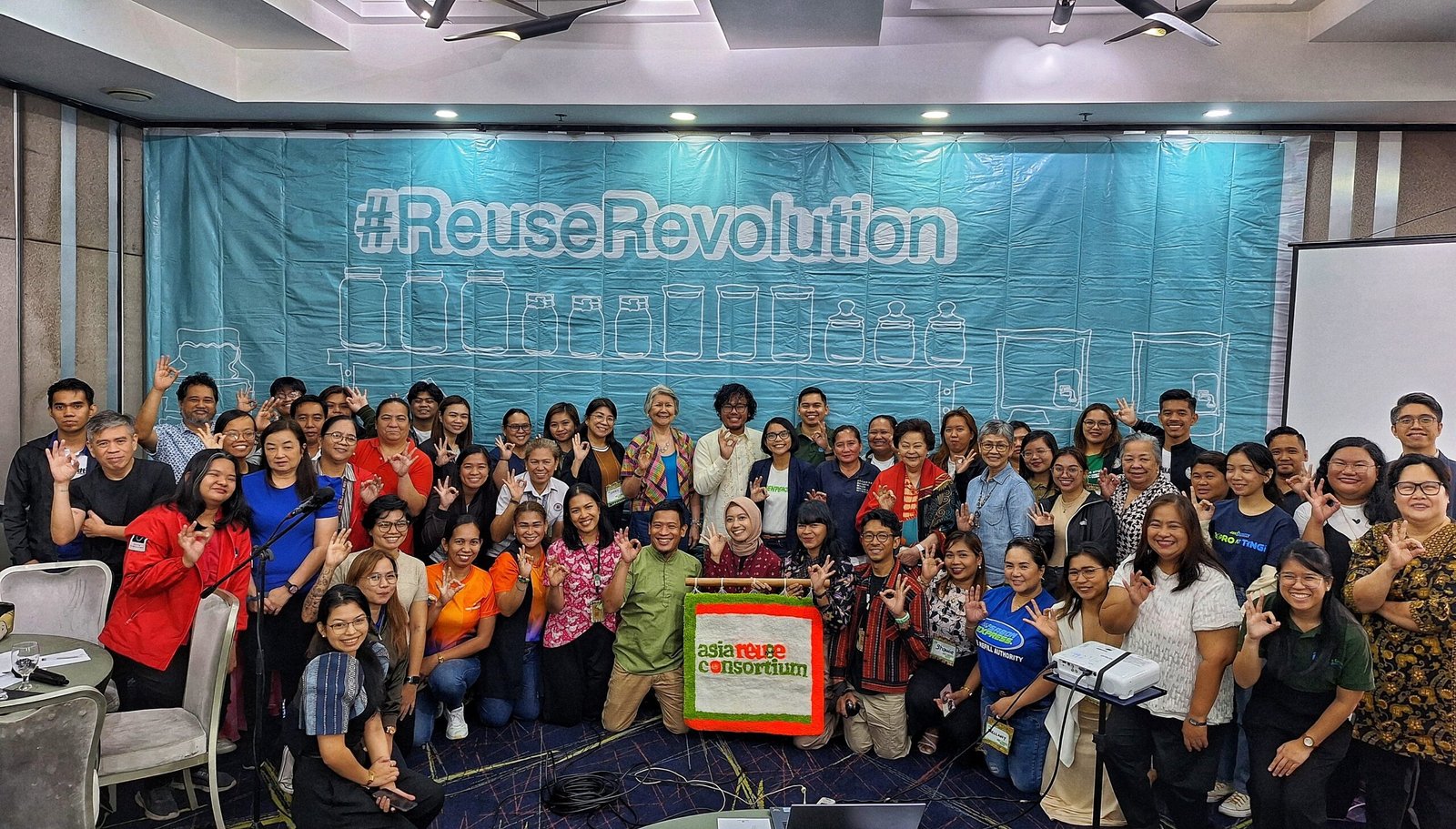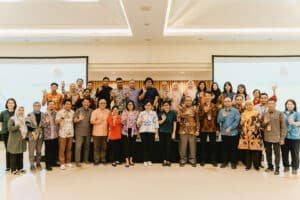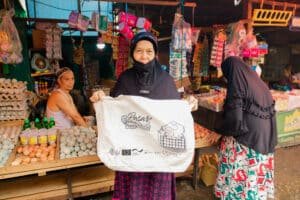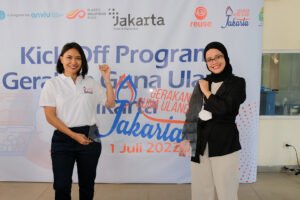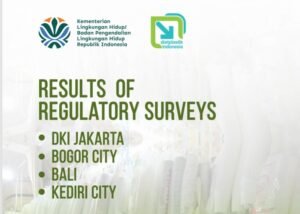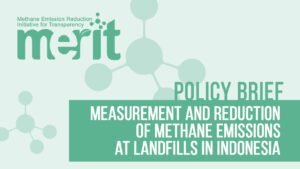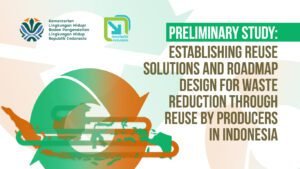According to data from Our World Data, the Asian continent dominates the contribution of plastic waste pollution to the oceans with 81% of the total global input. This has been predicted in previous studies that showed similar figures in 2010. The Philippines, a country with many islands and a population living near the coast, is claimed to be responsible for more than a third (36%) of single-use plastic waste. This is particularly surprising as China and India were previously considered the main contributors. Therefore, in celebration of Zero Waste Month, Dietplastik Indonesia as the co-convenor of Asia Reuse Consortium supports the organization of the Philippines Reuse Study Tour and Conference with Mother Earth Foundation, Greenpeace Philippines, GAIA Asia Pacific, and, Break Free from Plastic on January 20, 2025.
The three-day Philippines Reuse Study Tour and Conference consisted of conferences with reuse businesses and multi-sectoral stakeholders, as well as a field tour to see how far the reuse ecosystem has progressed and can be implemented in the Philippines. In addition, the event aimed to discuss challenges and opportunities in the implementation of reuse systems, to show national and local stakeholders that reuse is not only urgent but also practical and feasible to implement to achieve sustainable goals.
According to GAIA’s research, more than 164 million sachets, 57 million shopping bags, and 45.2 million plastic bags are used daily in the Philippines, with existing e-commerce and food delivery practices exacerbating the crisis. This shows that we need reuse as an upstream solution to be promoted. Reuse systems are an upstream solution that allows people to reuse packaging, eliminating the need for wasteful sachets and single-use containers. If adopted on a large scale, reuse can replace single-use packaging and effectively reduce plastic waste. Reuse systems, along with the right policies to reduce plastic production and use, can address the plastic crisis at its root.
“Plastic can last almost forever, but the plastic crisis doesn’t have to, because there are solutions like reduction, reuse, and refill. We’ve seen how to reuse and refill models can successfully reduce plastic use while delivering environmental and economic benefits to local communities and businesses. It is high time that these solutions, which existed before single-use plastics were introduced by corporations, are supported by businesses and the government to become the norm again in the Philippines.” explains Marian Ledesma Zero Waste Campaigner, Greenpeace Philippines.
Reuse is very much possible in the Philippines. Initiatives such as Kuha sa Tingi, Juana Zero Express, Back to Basics Ecostore, and Zero Waste Carinderia in Manila, prove that it is a viable sustainable business model that is very much possible to implement, and something that can be done in line with the plastic ban. “The practice of reuse and refill is part and parcel of Filipino culture but seems to have been forgotten in the accelerated pace of modern life, especially in urban areas. It needs to be brought back into our consciousness and reinforced through reuse systems and policies. Reuse, as implemented in sari-sari stores (warung) and zero-waste carinderias (canteens or food stalls) by Mother Earth Foundation, allows consumers to affordably purchase items that might otherwise be too expensive while reducing dependence on a sachet-based linear economy. Most importantly, the reuse and refill system contributes to reducing plastic pollution, which is a major challenge in ecological solid waste management as well as in the quest for Zero Waste Cities.” said Sonia Mendoza, Chairman of Mother Earth Foundation.
The Philippines Reuse Study Tour and Conference concluded with the launch of the Philippines Reuse Consortium (PRC) which emphasizes the importance of collaboration between policymakers, businesses, and communities in instituting reuse systems and driving sustainable environmental and economic benefits. By building partnerships and fostering innovation in reuse, the PRC and Asia Reuse Consortium are paving the way for sustainable transformation in the Asia Pacific region.
“It is time for sectors to come together and play their part in creating an enabling environment for reuse solutions to flourish and become the norm again. The right policies, clear standards, sustainable investments, and corporate accountability can pave the way for a complete shift away from single-use plastics that are simply thrown away to a reuse-based economy that benefits everyone,” explains Faye Ferrer, Network Organizer of Break Free From Plastic.
“Frontline communities and waste workers also have an important role to play in building an effective reuse system. The Philippine Reuse Consortium’s 10-point action plan integrates training and fair compensation for these groups, while adopting localized, proven reuse models. By leveraging existing solutions, we can reduce plastic waste and expand sustainable practices.” added Froilan Grate, GAIA Asia Pacific Regional Coordinator.

